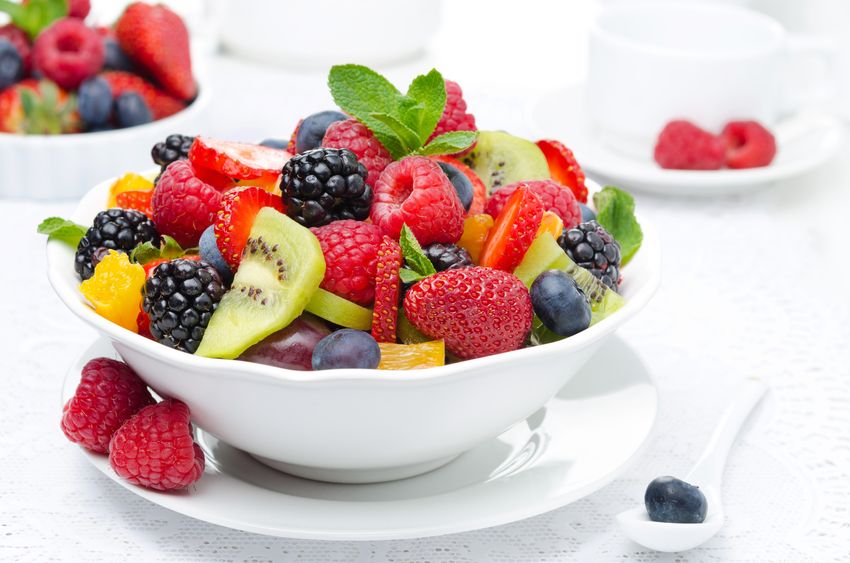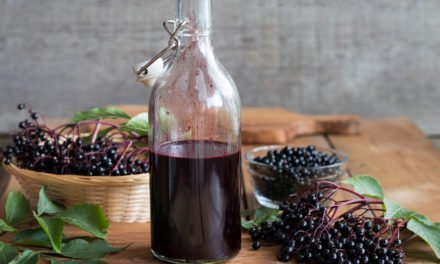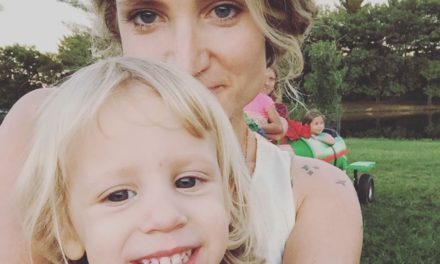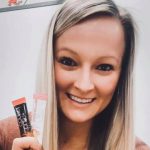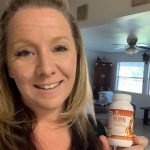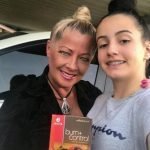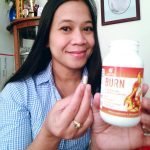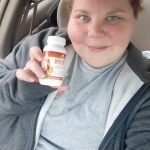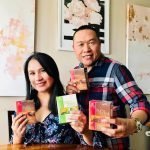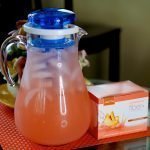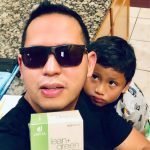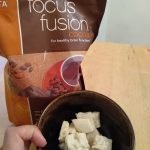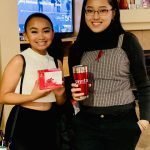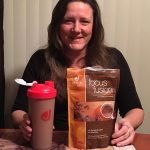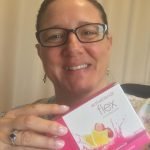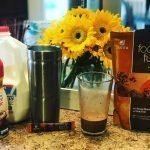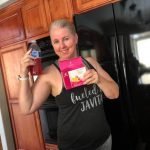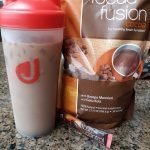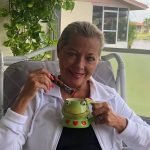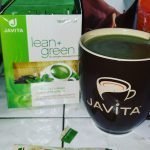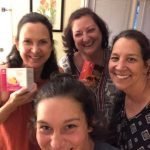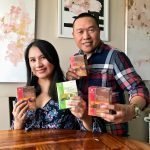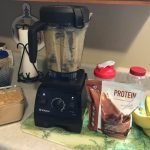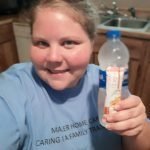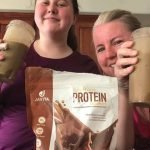A large and long-term study suggests that women who eat over five and a half servings of fruits and vegetables daily have a lower risk of breast cancer than those who eat two and a half servings or fewer. The association was particularly strong in tumors that are challenging to treat or aggressive.
The study was published online in the International Journal of Cancer.
AICR’s latest review of the global evidence found indications that non-starchy vegetables and foods containing carotenoids might lower the risk of some breast cancers.
Fruits, veggies, tumor type and lower risk
In this study, researchers analyzed data from approximately 182,000 women who were part of the Nurses’ Health Study. The women had entered the study in the 1980s or 1990s, answering questionnaires about their diet every four years. Participants also regularly gave information about any cancer diagnosis, their weight, smoking status, and other breast cancer risk factors.
After an average of 24 years, women who ate more than 5.5 servings of fruits and vegetables each day had an 11 percent lower risk of breast cancer than those who ate 2.5 or fewer servings. A serving is defined as one cup of raw leafy vegetables, half a cup of raw or cooked vegetables, or half a cup of chopped or cooked fruits.
When analyzed by tumor type, the study found higher consumption of fruits and vegetables, particularly associated with lower risk of estrogen-receptor (ER)-negative tumors compared to ER-positive. This is the same tumor type that AICR’s report indicated an association with decreased risk. ER-negative tumors are cancer cells that grow without the hormone estrogen, and often are more challenging to treat.
Higher consumption of fruits and vegetables was also particularly associated with lower risk of the more aggressive HER2-enriched, and basal-like tumors.
Interestingly, the link with total fruit and vegetable consumption to decreased breast cancer risk was seen 8 to 12 years after exposure, but not for shorter timespans. This may be one of several reasons why some previous studies have seen no benefits, suggests lead author Maryam Farvid, Ph.D., a research scientist in the Department of Nutrition at the Harvard T.H. Chan School of Public Health.
“Our results indicate that fruit and vegetable intake may be important eight or more years before diagnosis, and repeated dietary questionnaires may be needed to see this,” said Farvid. “Also, our study was large, with over 10,000 incident cases of breast cancer and most other studies were much smaller. In addition, it would be easy to miss important relationships without characterizing the tumors by hormone receptor status.”
Click here to link to the original American Institute for Cancer Research story.

